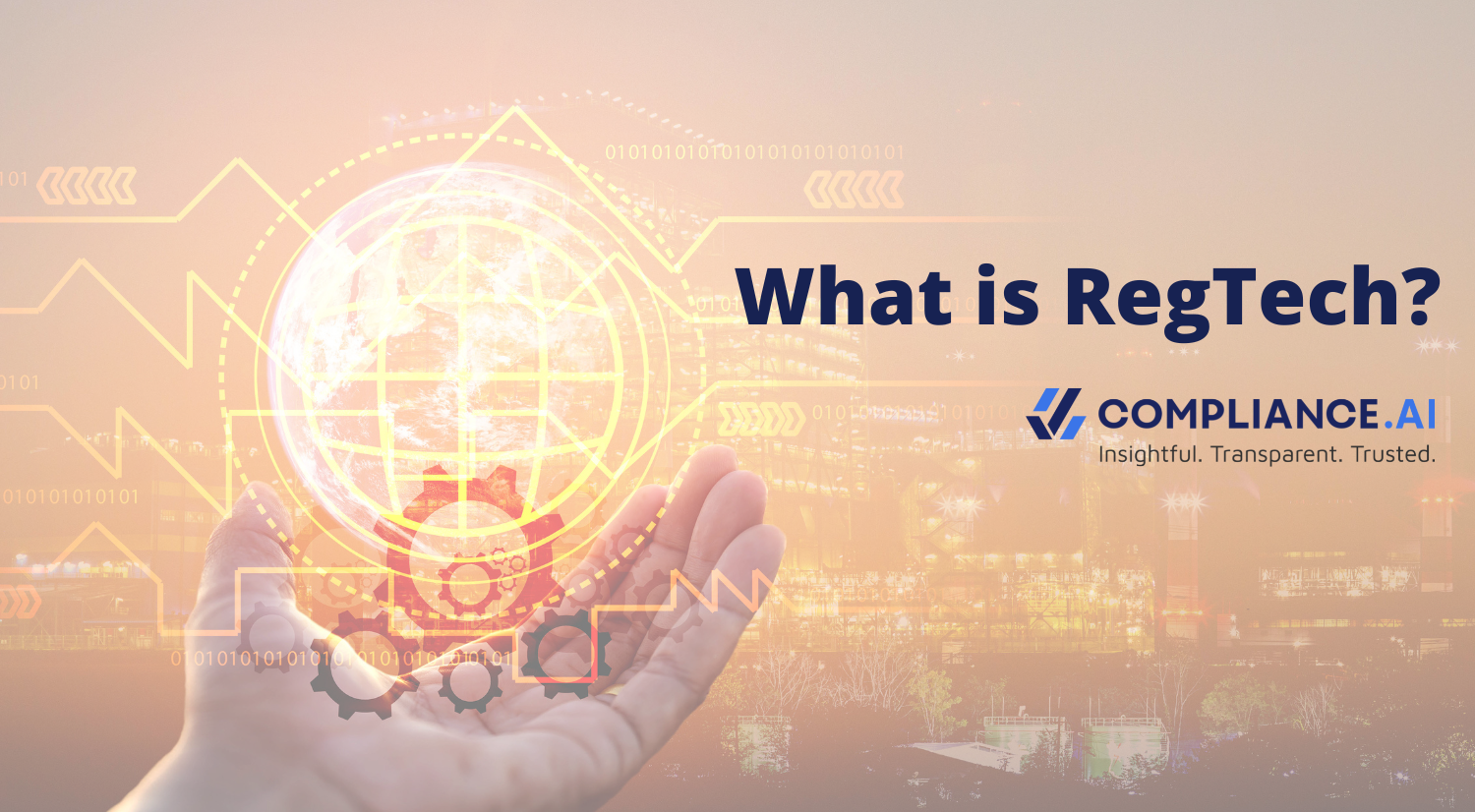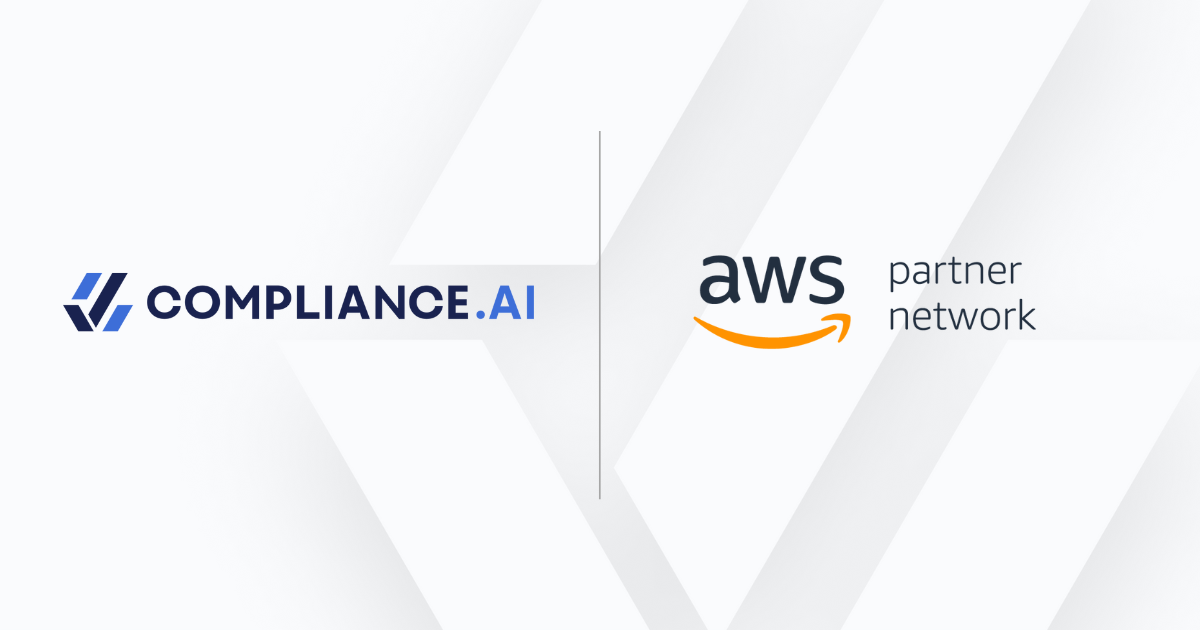
With the world’s focus on the deadly coronavirus showing signs of shaking loose, businesses are starting to get back to some form of normal and are tackling problems that were sidelined during the pandemic.
Make no mistake, blockchain is one of them. The decentralized public computing platform is growing by leaps and bounds, growing from $1.5 billion in revenues in 2018 to an estimated $15.9 billion by 2023.
For blockchain companies that produce and manage distributed technology platforms and the companies and clients that use them, compliance has swiftly moved from the back burner to the front one.
The technology’s background tells the story.
Blockchain’s original mission – to serve as a completely digital, decentralized public computing domain – was ideally suited to collect, store and disseminate records, transactions, private ledgers, and communicate engagement between blockchain-using parties.
That’s why blockchain has proven so popular in data-intensive industries like finance, telecommunications and health care. All of those industries have embraced blockchain with many companies deploying blockchain in core operations areas.
That’s where regulatory oversight comes into the picture. With significantly higher usage of blockchain platforms comes closer regulatory scrutiny. That’s particularly the case with major compliance reporting mandates, especially in the U.S. and the Eurozone in the past few years, followed by onerous cash penalties and fines against companies charged with non-compliance.
In an aggressive blockchain compliance environment, industry companies, partners and customers can expect regulatory activity – on both sides of the compliance coins – to accelerate going forward. These areas will be especially in play:
A Trade-off for Speed. The blockchain world feels the need for speed as it grows like wildfire over the global business landscape. Caution is the watchword, though – industry companies should know that regulators are close behind.
That “one step behind” mindset is typical for compliance regulators, who historically lag one or two years behind fast-growing industries – especially ones that come with the transactions, fees, and other financial impactors of the blockchain industry. After all, when consumer cash is on the line, regulators tend to become more stringent with mandates and penalties.
Global governments are already reaching into the ranks of the technology sector and are hiring data analysts, software coders, and RegTech specialists who have a good grip on how the blockchain industry operates – and are already helping tailor new rules and regulations that blockchain companies will have to accommodate.
One key area of concern for blockchain companies is the growing trend of regulators stepping in and “suspending” technology initiatives coming out of the blockchain sector.
That step is largely in order to buy compliance enforcers enough time to create measures and guidelines to properly monitor those technologies (Facebook’s Libra cryptocurrency initiative is the latest example of the “suspend and monitor” trend coming out of the blockchain regulatory sector.)
Accelerated regulation of cryptocurrencies. The single largest focus for government regulators covering the blockchain sector are cryptocurrencies.
The data bears this sentiment out. According to a 2020 survey from Chain Analysis, more than 50 percent of respondents cited compliance say that compliance concerns are holding companies back from investing in cryptocurrencies. “39% said they worry about the inability to control for illicit activity, while nearly 18% said they are unsure of their ability to comply with government regulations in the space,” the report states.
A case in point. Last year, the U.S Treasury’s Office of Foreign Assets Control picked up the pace in targeting non-compliant cryptocurrency outfits. According to OFAC, 12 new cryptocurrencies were sanctioned in 2019, with the promise of more aggressive sanctioning promised against cryptos in 2020.
Much More Investment in RegTech
With more regulatory scrutiny on blockchain initiatives and less money to pay for compliance staff, more and more blockchain-related companies are turning to digital compliance technologies to handle their regulatory oversight.
Regulatory technologies are turning out to be as – or more effective – than traditional third-party compliance providers in handling business compliance issues, at a significant reduction on staffing hours and cost. RegTech compliance is built on the backs of emerging digital tools like artificial intelligence and machine learning, to accommodate the needs of companies in need of robust regulatory oversight.
At an industry growth rate of 50 percent annually, U.S. RegTech revenue growth should crest $127 billion annually by 2024. Growth in RegTech spending in Europe is already ahead of the curve, with investments in the technology growing by 400 percent in 2019 alone.
The Takeaway on Blockchain in Compliance in a Post-Pandemic World
In a more urgent and more stringent regulatory environment, the blockchain industry needs to tread carefully as compliance risks rise in a highly uncertain global economy.
While COVID-19 will one day go away, it’s looming shadow right now, along with a rapidly developing blockchain sector, is sure to change company compliance efforts for the second half of 2020 – at the very least.
For blockchain companies and their institutional partners, follow the focus points listed above and stay on a path of full compliance for 2020 – and whatever 2021 brings with it.
Tags: Blockchain, compliance, RegTech





